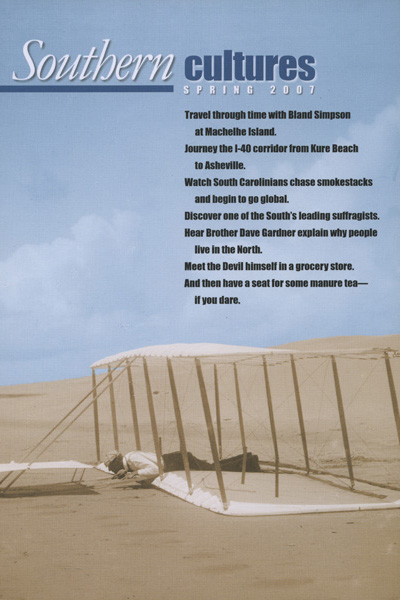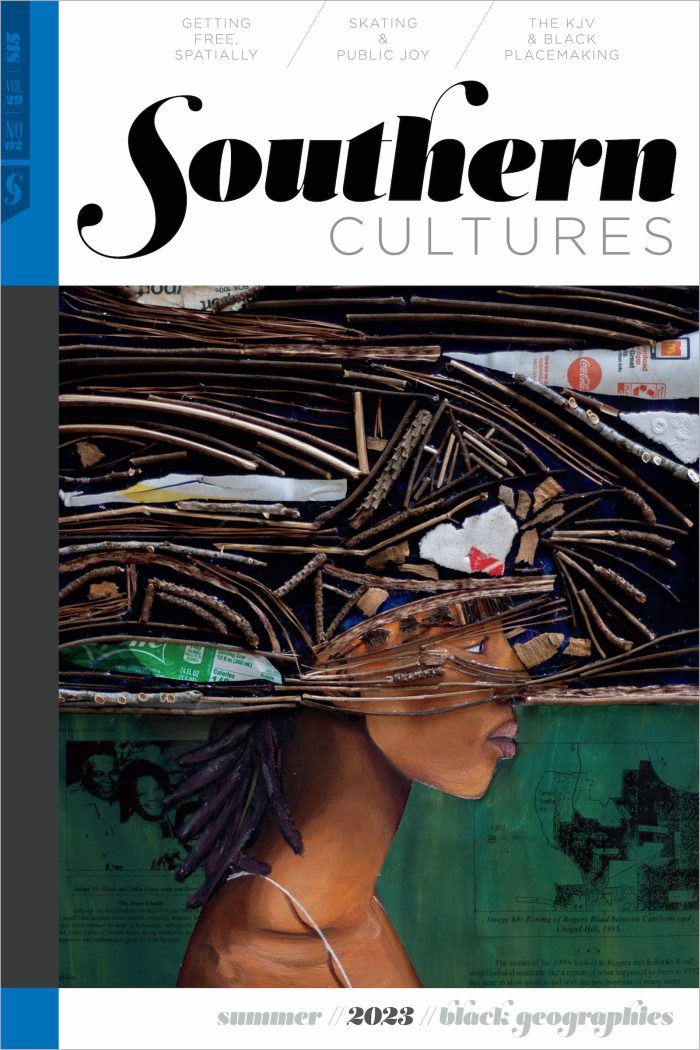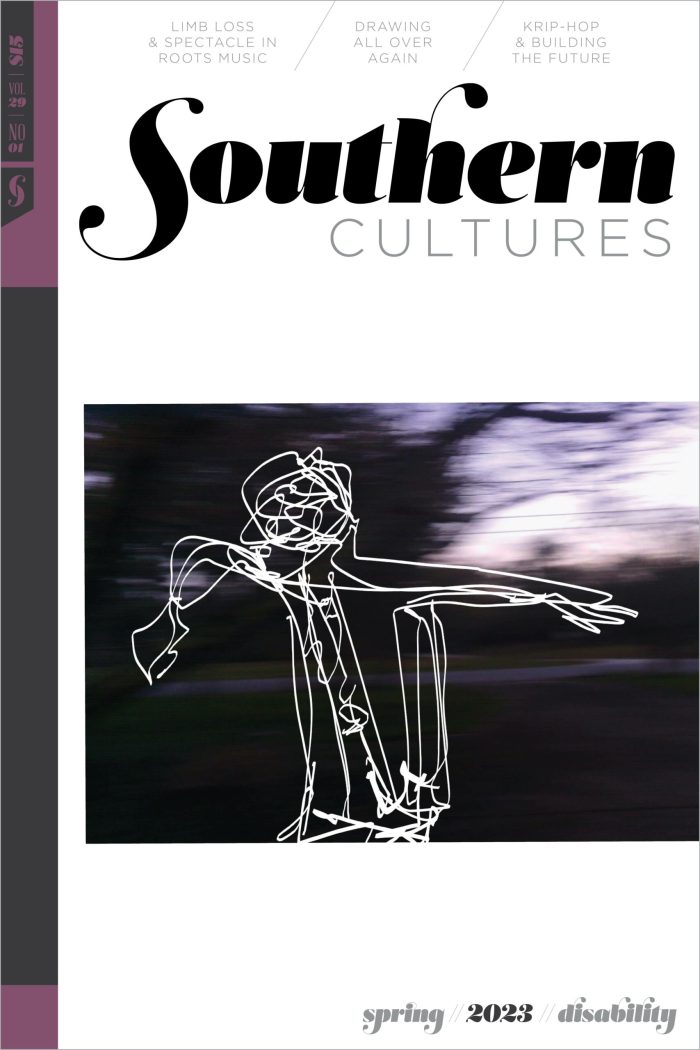BUY ACCESS
by Harry L. Watson
“In the good old days, I’ll have you know, ‘nostalgia’ was just a fancy term for homesickness.” Southerners, unite. It’s time we put a stop to pernicious innovations. Even nostalgia is not what it used to be. In the good old days, I’ll have you know, “nostalgia” was just a fancy term for homesickness. Nowadays, »
BUY ACCESS
by Bland Simpson
“Machelhe Island was, like the river itself, an inescapable daily sight in this old town, a swampy elongation stretching from Camden Way toward us in town, pinching the river at The Narrows and then letting it–maybe making it–spread out to the southeast and quickly widen and become a bay.” One summer day some years ago, »
BUY ACCESS
by Phillip R. Stone,
Lacy K. Ford
“More of the same is not going to work, because you can only get so many BMWs.” As South Carolina entered the twenty-first century, a growing sense of concern about the effectiveness of the state’s long-standing economic development policy emerged. From 1950 through 1980, South Carolina enjoyed remarkable success in the area of economic development. »
BUY ACCESS
by Gyoung-Youl Jeong
“The South, of course, is not what it once was.” Many photographers have documented the American South, and the region’s archives reveal scenes of people and places now familiar—rural landscapes, tobacco factories, sharecroppers, the hard-working poor—classic images Marion Post Walcott, Walker Evans, and many others have preserved with powerful lenses. The South, of course, is »
BUY ACCESS
by Tanya Olson
“The devil was in the grocery store yesterday . . .” The first year of graduate school, it was the questionsthat woke me every night at 3 a.m. When will they figure out I’m an impostor, and I can’t do the work?How do I deal with the students in my own class? What can I do »
BUY ACCESS
by John Shelton Reed
“Brother Dave Gardner once cracked that ‘the only reason people live in the North is because they have jobs there.'” The southern comedian Brother Dave Gardner once cracked that “the only reason people live in the North is because they have jobs there.” He added, “You never heard of nobody retiring to the North, have »
BUY ACCESS
by Karen Yochim
“Owing to the soaring prices of pharmaceuticals, I thought it wise to track down a woman who is known for brewing an old-time, all-purpose Alabama cure-all: cow-manure tea.” Owing to the soaring prices of pharmaceuticals, I thought it wise to track down a woman who is known for brewing that old-time, all-purpose Alabama cure-all, cow-manure »
BUY ACCESS
by Anne Firor Scott
“Who knows? I may live long enough to become a communist!” North Carolina has been home to many remarkable women, and in this galaxy the name Gertrude Weil shines bright. Born in 1879 into a family that was virtually synonymous with the history of Goldsboro, North Carolina, forty years later she was one of the »
BUY ACCESS
by Otis L. Graham
University of North Carolina Press, 2006 Defining a boundaried and distinctive South has never been easy, and there is a recent tendency for the regional narrative to fragment and blur into national and international trends. Histories of “the American South” are still published, but for college classroom use rather than a large public readership. It »
BUY ACCESS
by Jane Elizabeth Dailey
Oxford University Press, 2005 James C. Cobb’s Away Down South: A History of Southern Identity is that rare book published by an academic press that can be wrapped up and given as a Christmas present. An engaging, accessible, and thoroughly enjoyable read, Away Down South is a comprehensive history of the ways different southerners, nearly »
BUY ACCESS
by Stephen J. Whitfield
Transaction Publishers, 2005 The contemporary southerner is compelled to swing both ways. Any white who stems from the region may be the proud legatee of the Confederate effort to destroy the Union a century and a half ago. Yet no section has exhibited more fervent patriotism, or has shown a fiercer eagerness to defend the »
BUY ACCESS
by Jack Bass
Houghton Mifflin Harcourt, 2006 In contrast to the current emptiness of “compassionate conservatism,” Nick Kotz has written an important book about a president from Texas and a preacher from Georgia who both understood civil rights for black Americans as a moral issue that the American people needed to confront with action. Judgment Days captures the »
BUY ACCESS
by Carole Blair
University of Georgia Press, 2006 Roger Rosenblatt, a journalist and media commentator, remarked some years ago that “even when . . . we don’t understand, when people do things in vast numbers, it is interesting. And they are trying to tell us something, or they’re trying to tell themselves something.” Rosenblatt’s statement could have described »





